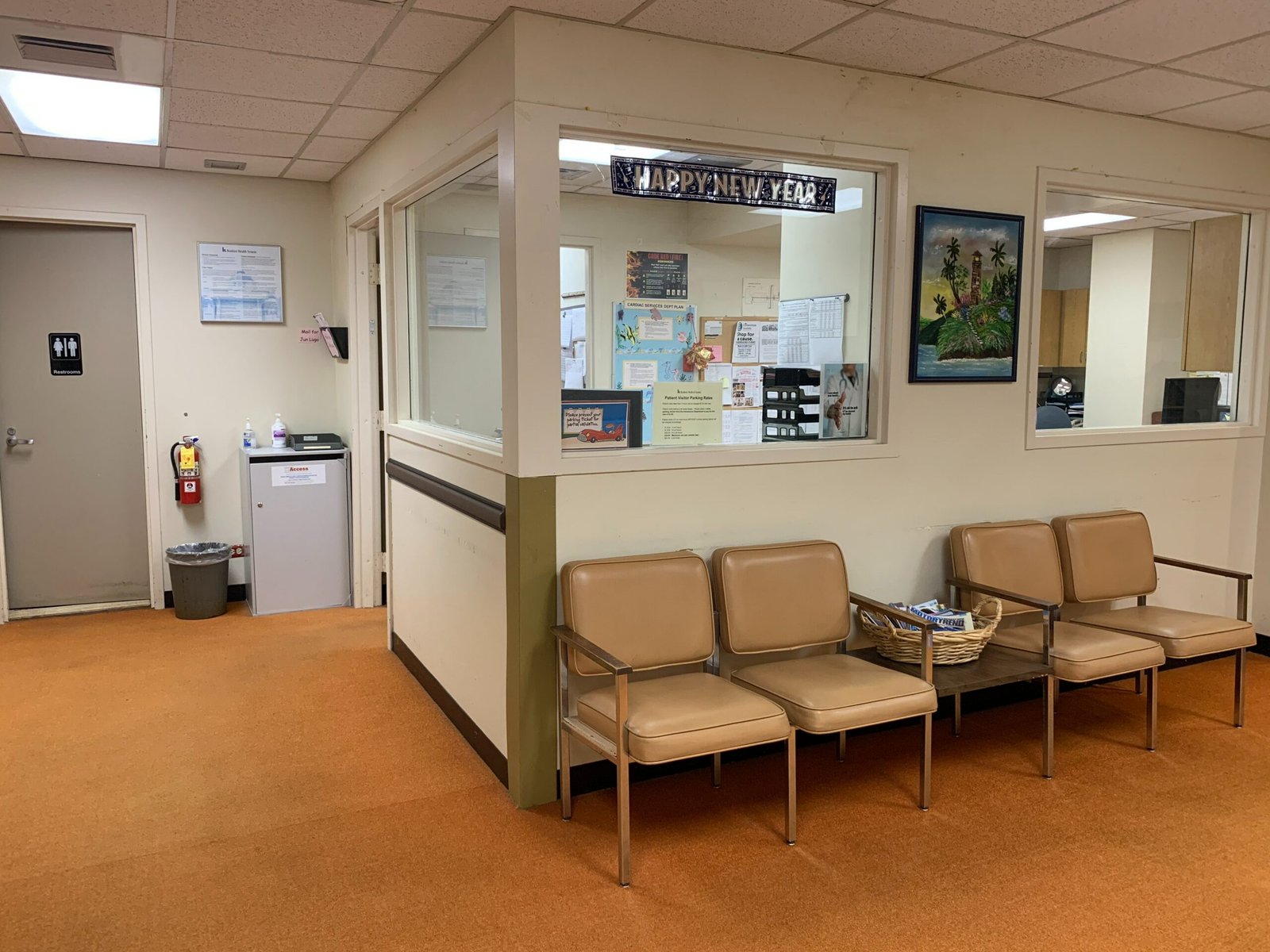In the waiting room, dreading the doctor — can you ever really be prepared to have your needs ignored by the people you turn to for care?
Katta Spiel
no. 6, The Fat Issue
Spring 2022
As I’m writing this, I am in my doctor’s waiting room. I’m steeling my body for the upcoming interaction, the one where I already know that nothing I might have to say will matter. She won’t change her approach: if there is one health condition dangling over fat bodies like mine, it’s the one I’m trying to manage with her. I have type 2 diabetes.
It won’t really matter to her if I tell her, yet again, how a larger body might better protect against some cardiovascular risks in diabetic folks, how the relationship between weight and diabetes is more nuanced and complex than often made out. She is so obsessed with my weight that during my last visit she kept praising me for having lost five pounds. They were the only five pounds I ever wanted to lose; I had had top surgery three weeks before. Even when I cleared that up, she insisted on congratulating me further, so drilled into her is the idea of weight loss as an uncritical positive.
It won’t matter to her that I actually miss my previous size. That I put so much effort into loving my fat body that I’m actually scared about the prospect of being patronized for weight loss for years to come. I am devastated whenever she praises me; all her attempts at motivation do is remind me of the time when I had an eating disorder that would lead to long-standing chronic conditions, when all doctors did in response to my requests for help was point out that losing weight would be desirable anyway. I’m actually quite afraid of losing weight, because I know I’m always just a step away from that urge to try and control things I cannot and should not. I loved myself out of harming my body and want to tell my doctor how precarious and strenuous that love feels sometimes. But I feel too vulnerable.
It won’t matter to her that the reason I am so compliant with my medication regime is precisely because I love this big fat body of mine. Instead, I expect her to explain to me how I further optimize my body, how I could just change it a little bit more and smooth out all the imperfections until it’s a well-oiled machine.
It won’t matter to her that I’m quite used to the language of optimization. I work in tech research. Innovation, optimization, you name it. Tech loves to declare things as problems without figuring out whether those problems are actual concerns, and for whom. They respond by building artifacts that are used only briefly, wasting resources and rare earths: in an early study on the adoption of fitness trackers, two-thirds of participants used the device for less than a year. All they end up doing is selling shiny tokens to distract people from dealing with systemic, widespread, and, frankly, sickening anti-fat bias rampaging through our interactions with people, built environments, and systems. Instead, they promise quick solutions that never hold the promises they make because our lives are too complex to be captured in little devices with little flexibility for disruption and difference. They tell us to exercise every day no matter our religious practices or the potential for health disruptions. They use the language of “epidemic” to frame fat bodies as undesirable without actually engaging with our needs or desires for fair treatment, or just our longing for joy. At one point in my career, I made an entire room at a conference chant that “body size has nothing to do with fitness;” a year later the same people were still wedded to their fear-mongering rhetoric. I sometimes wonder whether this is in part because of how little fat bodies are believed — in doctors’ offices, but also in academia more broadly. Stigma and anti-fat bias keep us out of knowledge production, about ourselves as individuals but also when it comes to science and research more generally. And I find it curious, that particularly within fields that hail evidence-based practice and policymaking, representatives with medical or technical expertise conveniently exclude the data that doesn’t fit their long-held beliefs and prejudices.
But it won’t matter. And I will stay with my doctor, because at least she’s on my side when it comes to all the other parameters we need to actually control. Because she seems to actually care. I just wish she could appreciate this body as much as I do. That she could see that it is already the best body I have; that the intent is not to optimize, but to cooperate. That I don’t want to change my body, I want to support it. Because I love this big fat body as it is.
Maybe we’ll get there. I think I’m ready to meet her now.
My deepest gratitude to Blakeley Payne for her support with this essay.

Katta Spiel researches marginalized perspectives on technology to inform design and engineering in critical ways that account for the diverse realities they operate in. Their research is at the intersection of Computer Science, Design and Cultural Studies. They are a scholar at the Vienna University of Technology, where they work on the project “Exceptional Norms: Marginalised Bodies in Interaction Design.”
Thanks to Barter Member Alexis Notabartolo for proofreading this piece.
previous
Once Upon an Ovary…, Victoria Abraham
next
Self-fulfilling Prophecies, Monica Kriete



